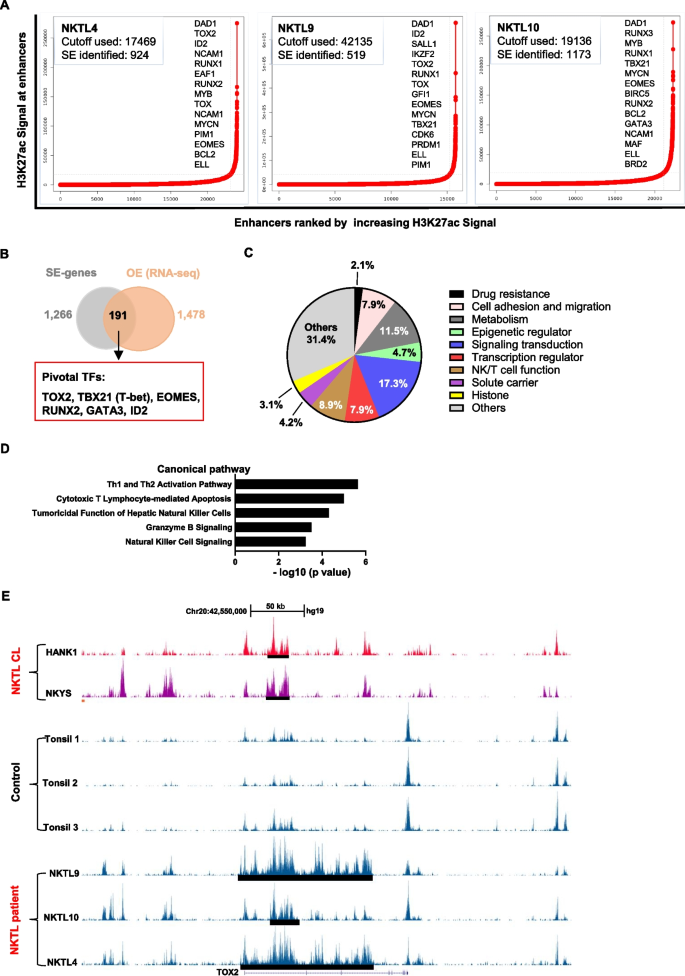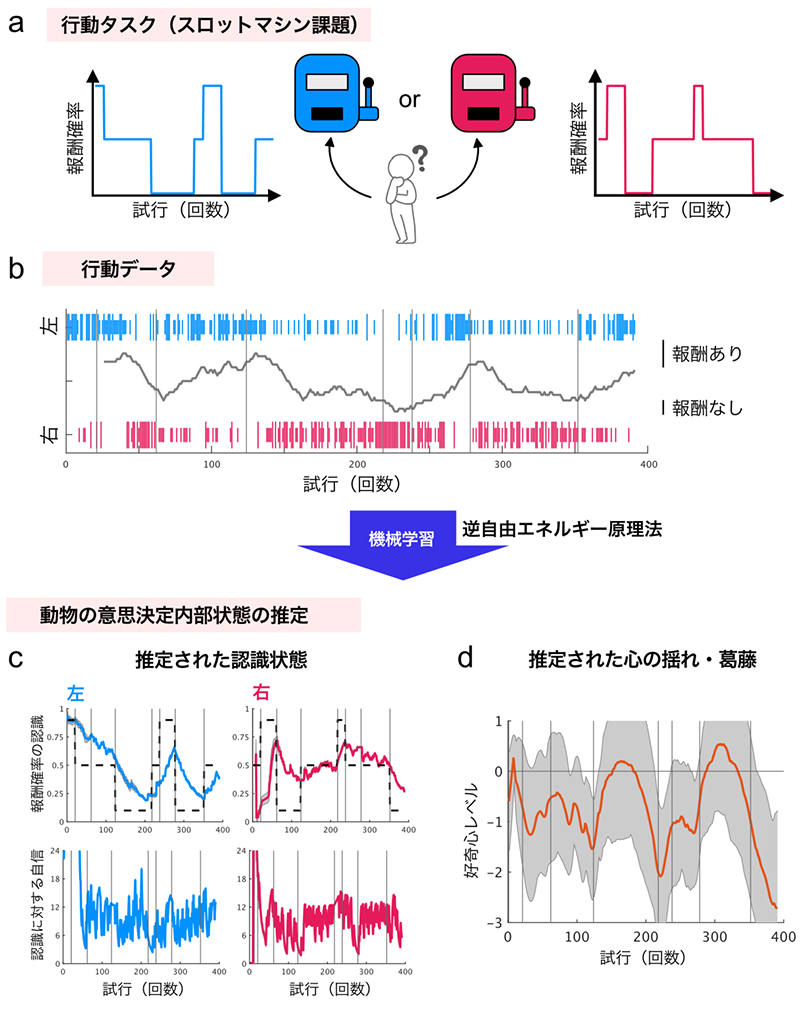2023-05-29 シンガポール国立大学(NUS)
◆この発見により、NKTLの治療ターゲットとなる可能性が出てきました。NKTLは、治療成績の悪い攻撃的な非ホジキンリンパ腫であり、現在の治療法では再発率や副作用が高い。Molecular Cancer誌に掲載された研究成果は、NKTLにおけるTOX2およびPRL-3の関与と、それらが患者の生存に悪影響を及ぼすことを実証しています。TOX2またはPRL-3を標的とすることは、貴重な治療介入となる可能性があり、さらなる研究が必要である。
◆研究チームは、TOX2タンパク質を分解するタンパク質分解標的キメラ(PROTAC)の使用や、PRL3-zumabというヒト化抗体の使用を臨床試験で検討することを提案しています。研究チームは、NKTL患者に対する効果的な標的療法の開発を目指しており、現在、この目的のために新規薬剤を試験中である。
<関連情報>
- https://news.nus.edu.sg/novel-therapeutic-targets-against-nktl/
- https://molecular-cancer.biomedcentral.com/articles/10.1186/s12943-023-01767-1
スーパーエンハンサー駆動型TOX2がナチュラルキラー/T細胞リンパ腫のがん化を媒介する Super-enhancer-driven TOX2 mediates oncogenesis in Natural Killer/T Cell Lymphoma
Jianbiao Zhou,Sabrina Hui-Min Toh,Tze King Tan,Kalpnaa Balan,Jing Quan Lim,Tuan Zea Tan,Sinan Xiong,Yunlu Jia,Siok-Bian Ng,Yanfen Peng,Anand D. Jeyasekharan,Shuangyi Fan,Soon Thye Lim,Chin-Ann Johnny Ong,Choon Kiat Ong,Takaomi Sanda & Wee-Joo Chng
Molecular Cancer Published:10 April 2023
DOI:https://doi.org/10.1186/s12943-023-01767-1

Abstract
Background
Extranodal natural killer/T-cell lymphoma (NKTL) is an aggressive type of non-Hodgkin lymphoma with dismal outcome. A better understanding of disease biology and key oncogenic process is necessary for the development of targeted therapy. Super-enhancers (SEs) have been shown to drive pivotal oncogenes in various malignancies. However, the landscape of SEs and SE-associated oncogenes remain elusive in NKTL.
Methods
We used Nano-ChIP-seq of the active enhancer marker histone H3 lysine 27 acetylation (H3K27ac) to profile unique SEs NKTL primary tumor samples. Integrative analysis of RNA-seq and survival data further pinned down high value, novel SE oncogenes. We utilized shRNA knockdown, CRISPR-dCas9, luciferase reporter assay, ChIP-PCR to investigate the regulation of transcription factor (TF) on SE oncogenes. Multi-color immunofluorescence (mIF) staining was performed on an independent cohort of clinical samples. Various function experiments were performed to evaluate the effects of TOX2 on the malignancy of NKTL in vitro and in vivo.
Results
SE landscape was substantially different in NKTL samples in comparison with normal tonsils. Several SEs at key transcriptional factor (TF) genes, including TOX2, TBX21(T-bet), EOMES, RUNX2, and ID2, were identified. We confirmed that TOX2 was aberrantly overexpressed in NKTL relative to normal NK cells and high expression of TOX2 was associated with worse survival. Modulation of TOX2 expression by shRNA, CRISPR-dCas9 interference of SE function impacted on cell proliferation, survival and colony formation ability of NKTL cells. Mechanistically, we found that RUNX3 regulates TOX2 transcription by binding to the active elements of its SE. Silencing TOX2 also impaired tumor formation of NKTL cells in vivo. Metastasis-associated phosphatase PRL-3 has been identified and validated as a key downstream effector of TOX2-mediated oncogenesis.
Conclusions
Our integrative SE profiling strategy revealed the landscape of SEs, novel targets and insights into molecular pathogenesis of NKTL. The RUNX3-TOX2-SE-TOX2-PRL-3 regulatory pathway may represent a hallmark of NKTL biology. Targeting TOX2 could be a valuable therapeutic intervene for NKTL patients and warrants further study in clinic.

